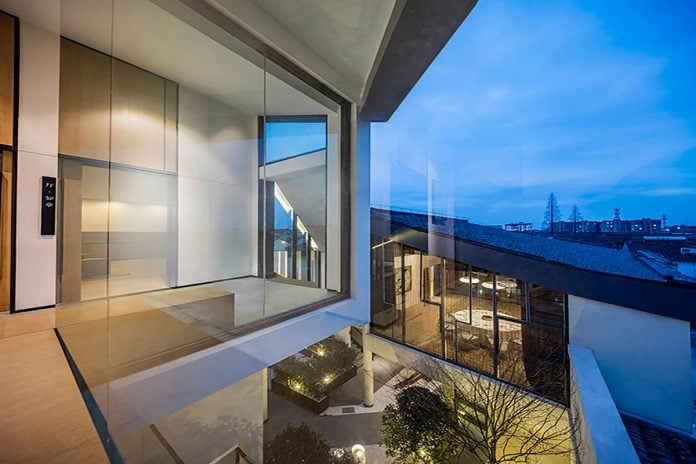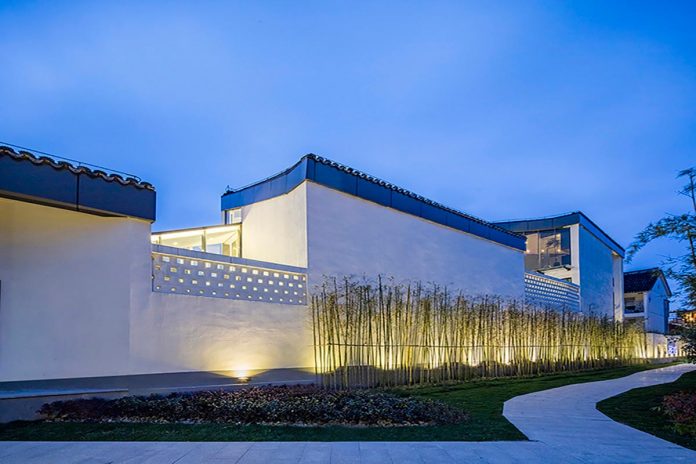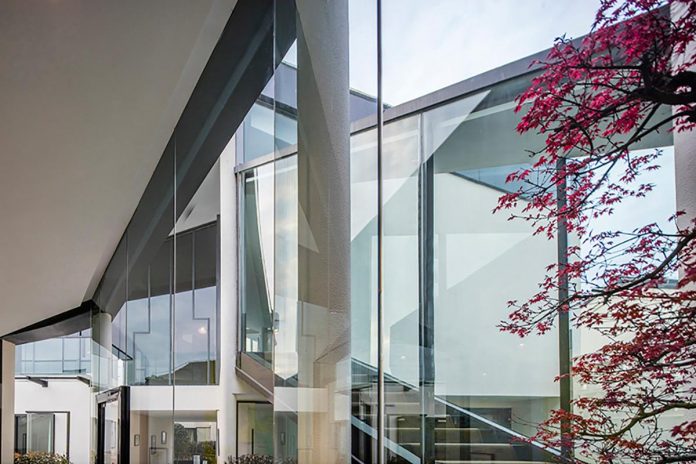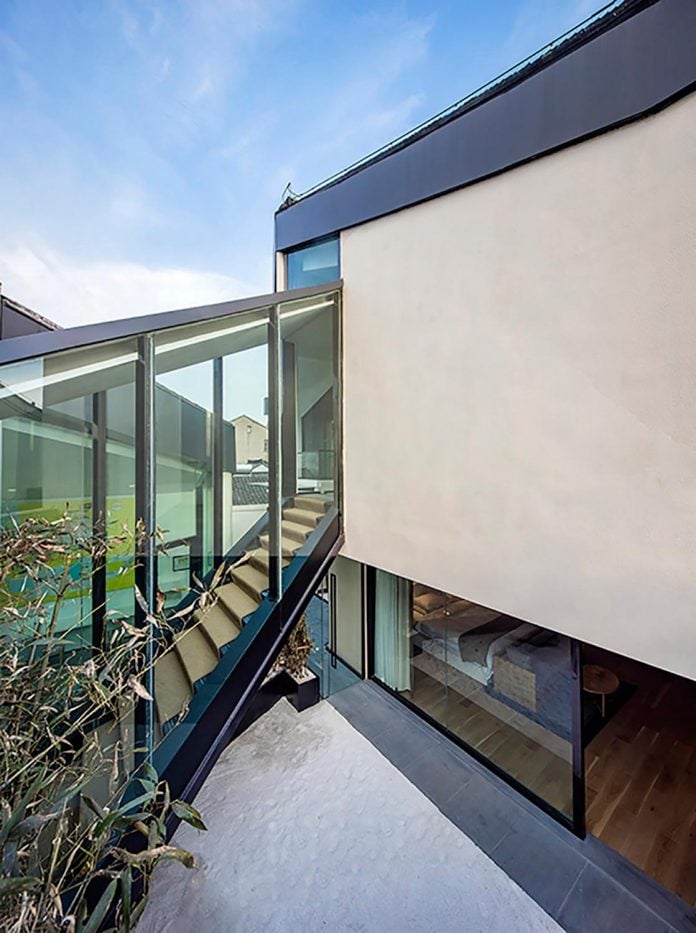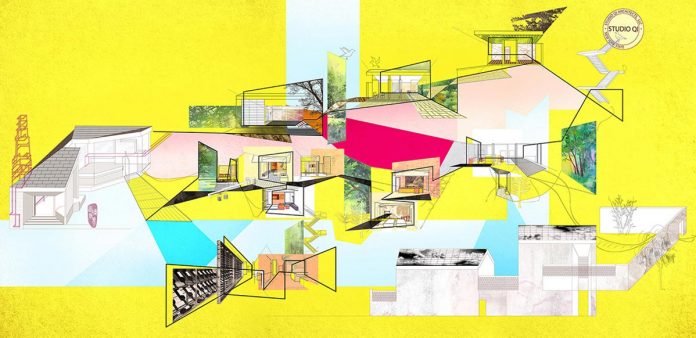STUDIO QI design the Nine House, a boutique hotel and gallery nestled within the well-preserved water town, Xitang
Architects: STUDIO QI
Location: Xitang, Zhejiang, China
Year: 2016
Area: 11.840 ft²/ 1.100 m²
Photo courtesy: SHEN-PHOTO
Description:
“NINE HOUSE, an ART-STAY place – a new social and spatial idea introduced by STUDIO QI, is a boutique hotel and gallery nestled within the well-preserved water town, Xitang, located in-between two mega-cities Shanghai and Hangzhou of China.
The skyline of NINE HOUSE is defined by an understanding of the organic surrounding fabric. Inspiration has come from its contextual quality distilled from the ‘tranquil yet on-going’ vibrant lives of Xitang; structured and supported by the rich, spatial configurations on both the urban and architectural scale.
NINE HOUSE places emphasis upon the movement of space and events. Shifting and juxtaposing of volumes, compressing and releasing of moments, intervening or penetrating the negative space; such architectural operations allow the only 500 sqm-compressed site to appreciate an experience of ongoing explorations, composed of spatial excitements and surprises.
The space consists of a glassed coffee & gift area, and a semi-open gallery walkway leading into the bamboo backyard, threading by six guest rooms, each with a private entrance garden on the ground floor. Two glassed gallery bridges, diagonally across the space, continuously steps up to the upper levels of dining room and tea-house, which assign the best views directed towards the picturesque layers of the roof tiles of Xitang. There is an underground wine cellar and a multi-functional event space.
With these analytically translated spatial characteristics and classic urban language, many unique to Xitang, physical movement and visual focus are individually led by distinct spatial moments and super-imposed imagery. NINE HOUSE aims to address the topic of ‘transparency’ in architecture, where the multiplicity of events, the layers of visual connections and physical interactions, along with the complexity of impulse and moments are crucial to its experience.”
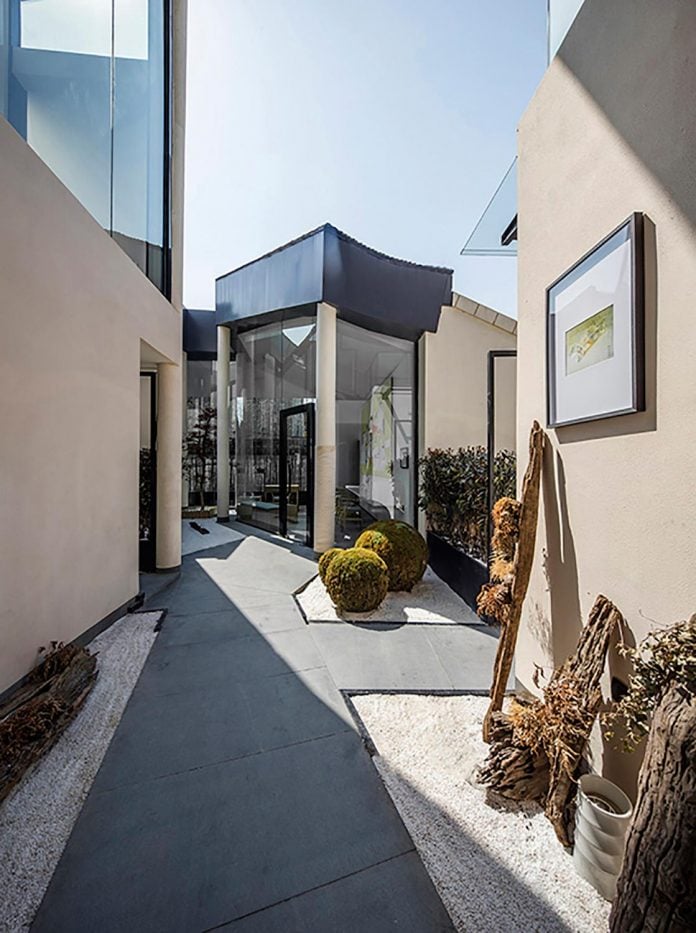
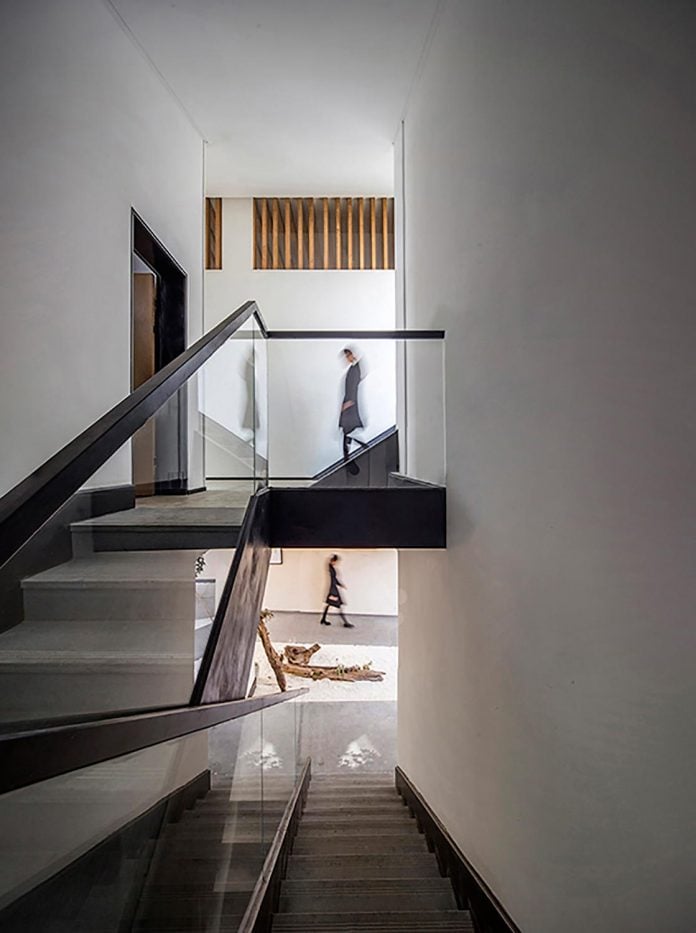
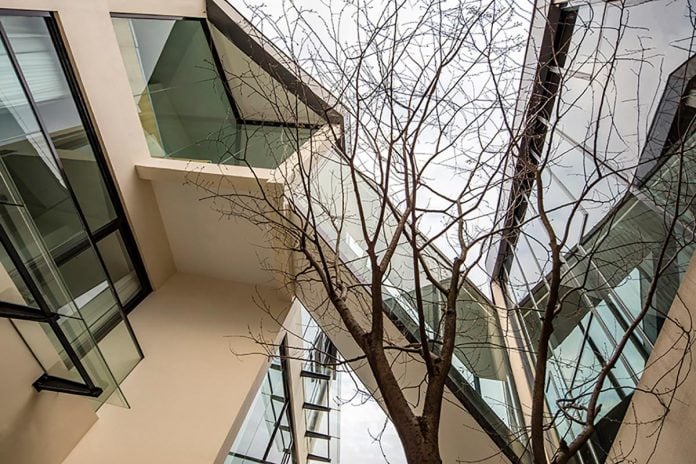
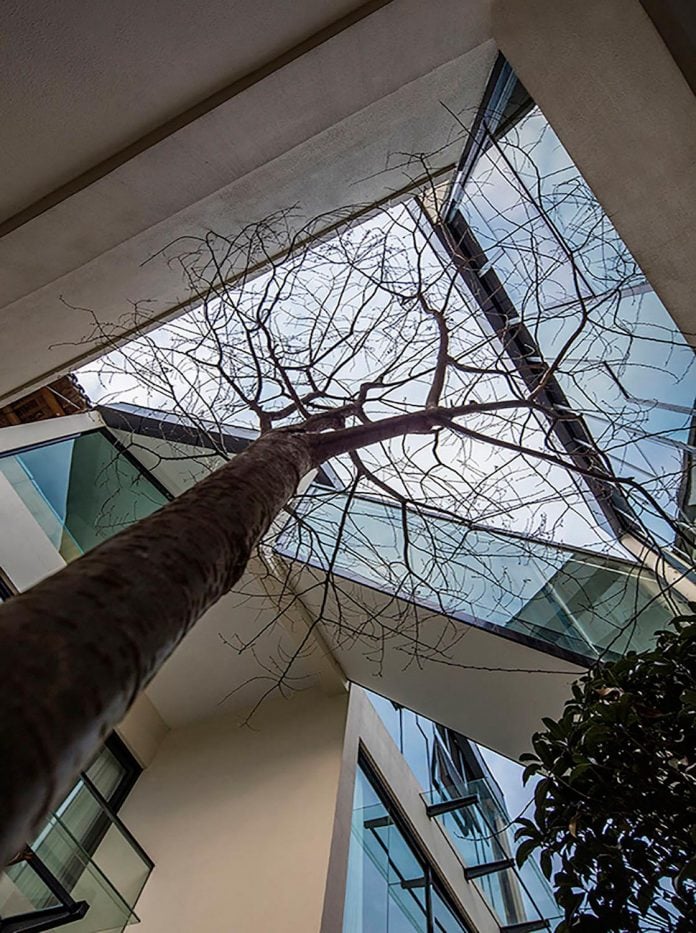
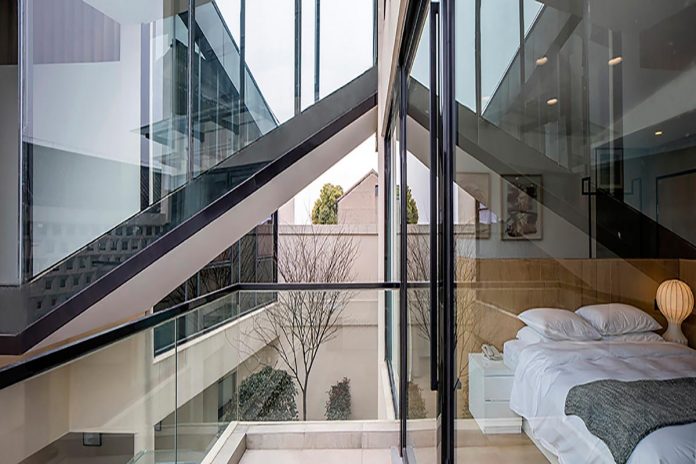
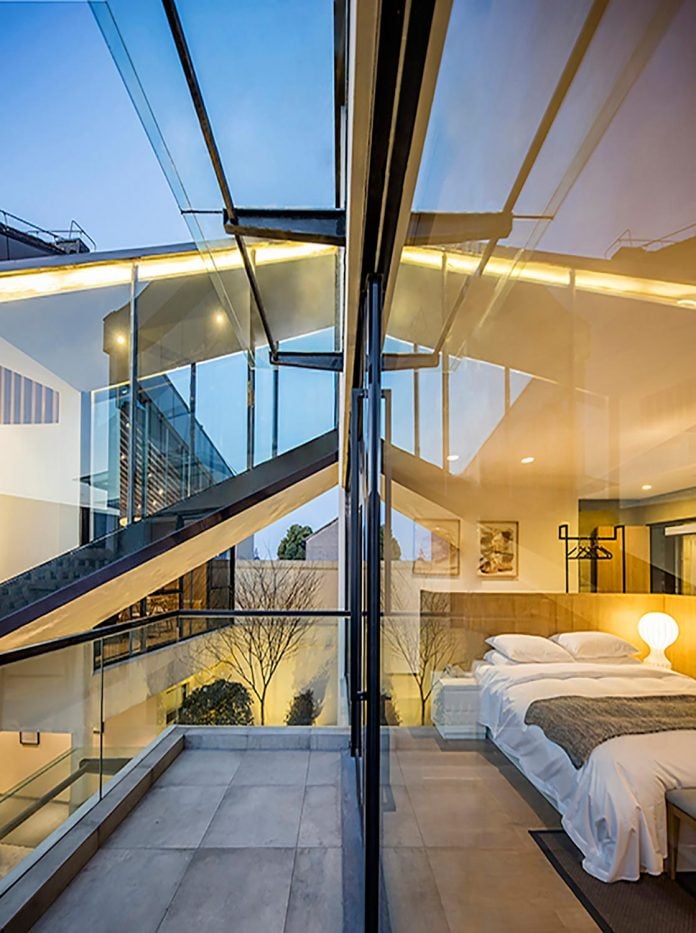
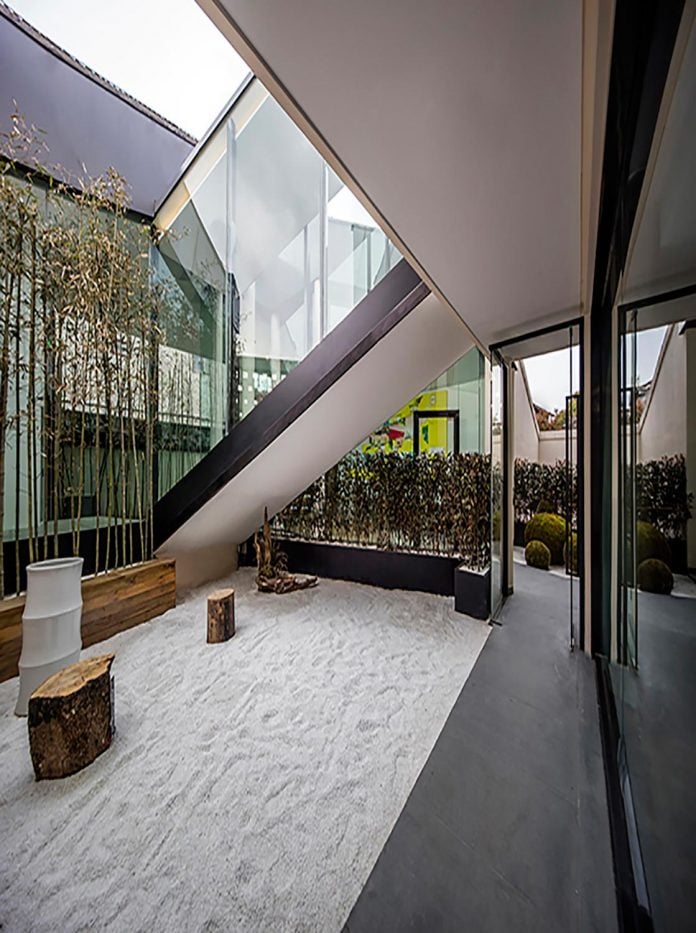
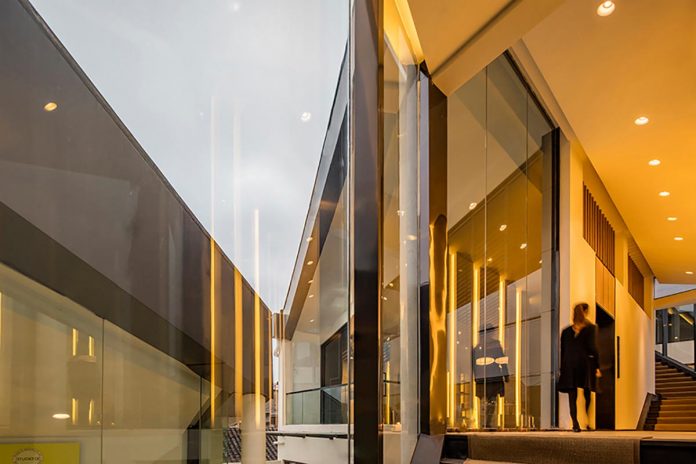
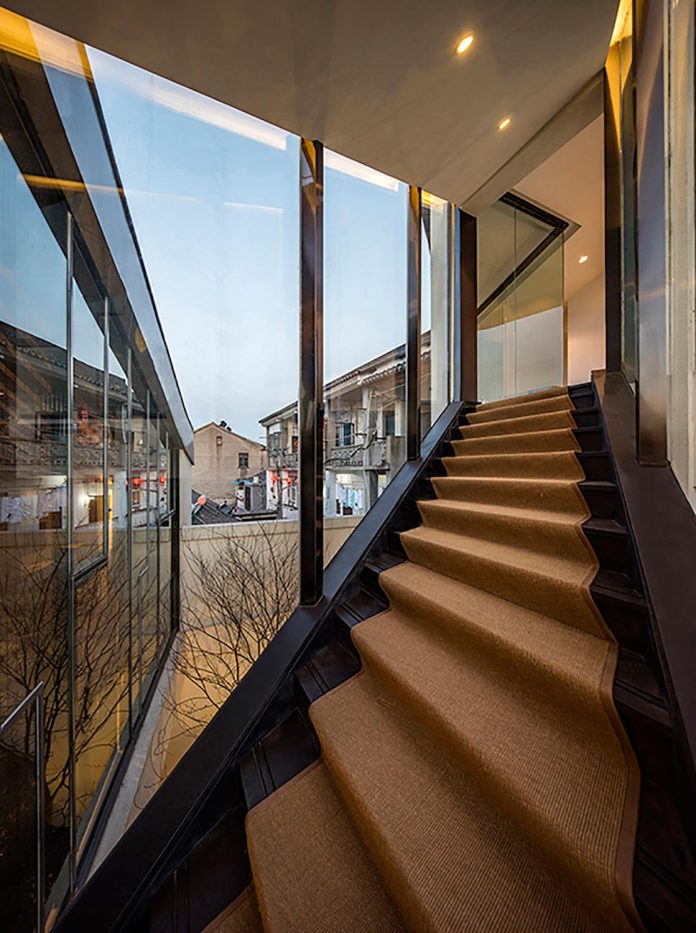
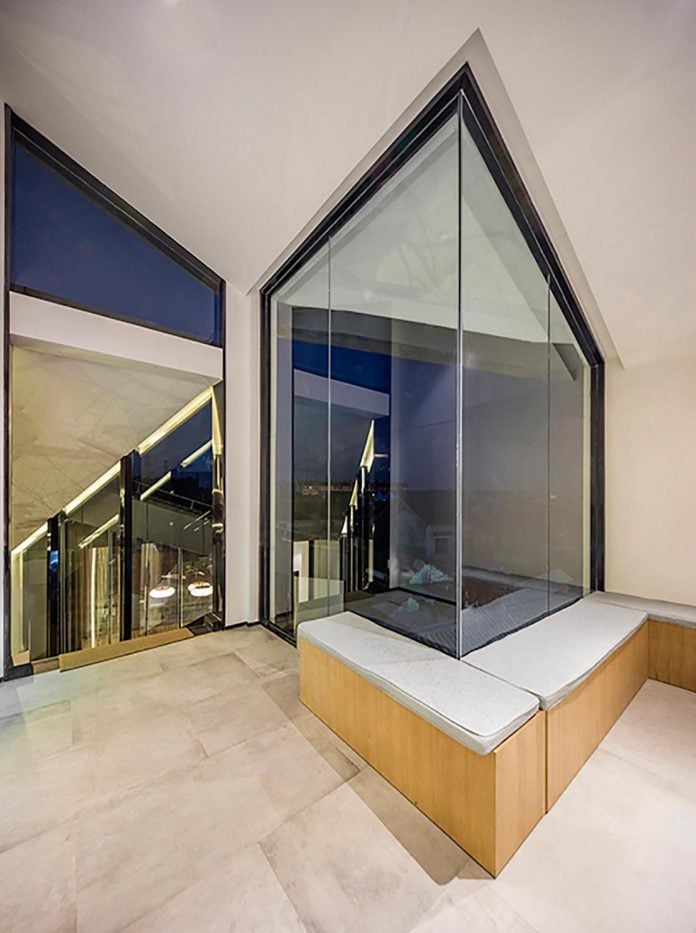
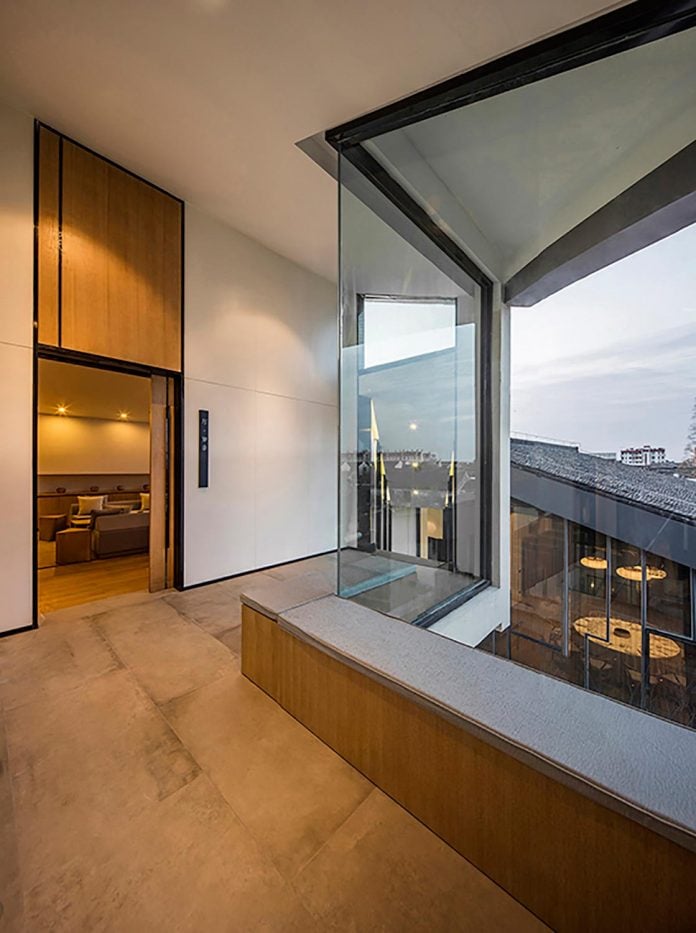
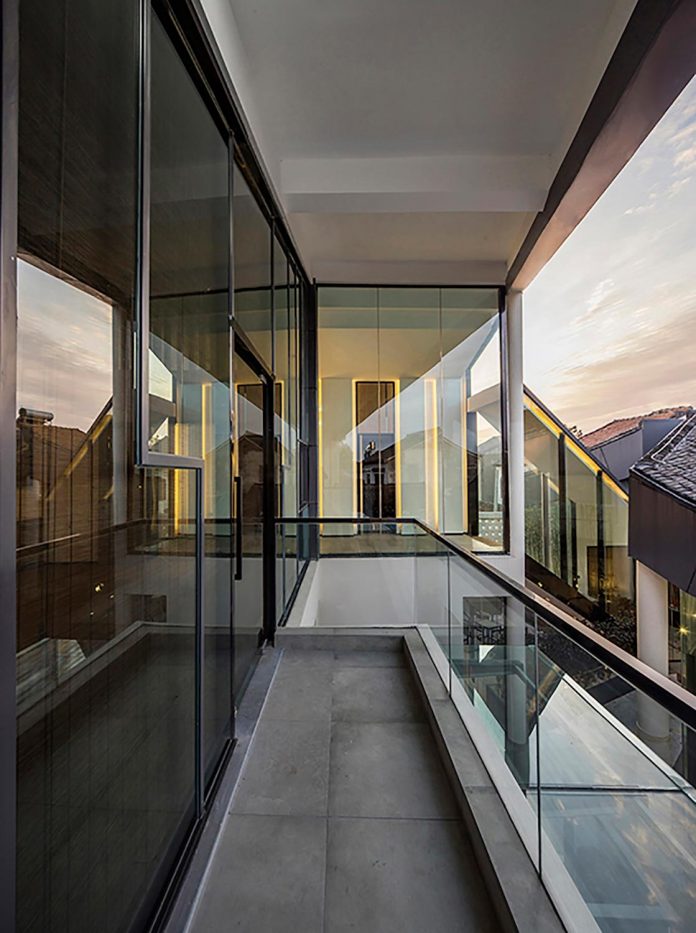
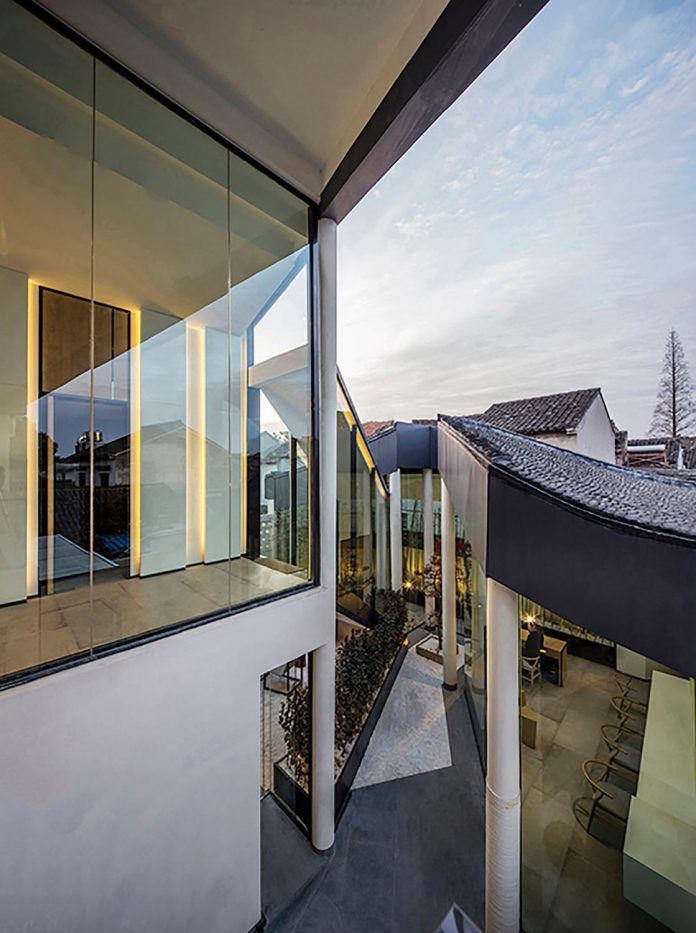
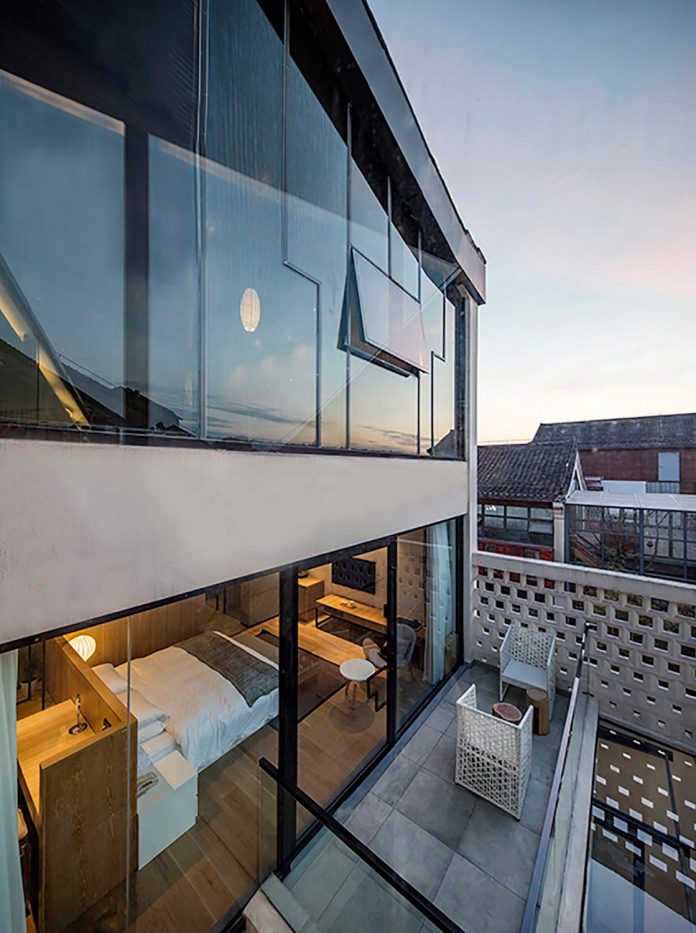
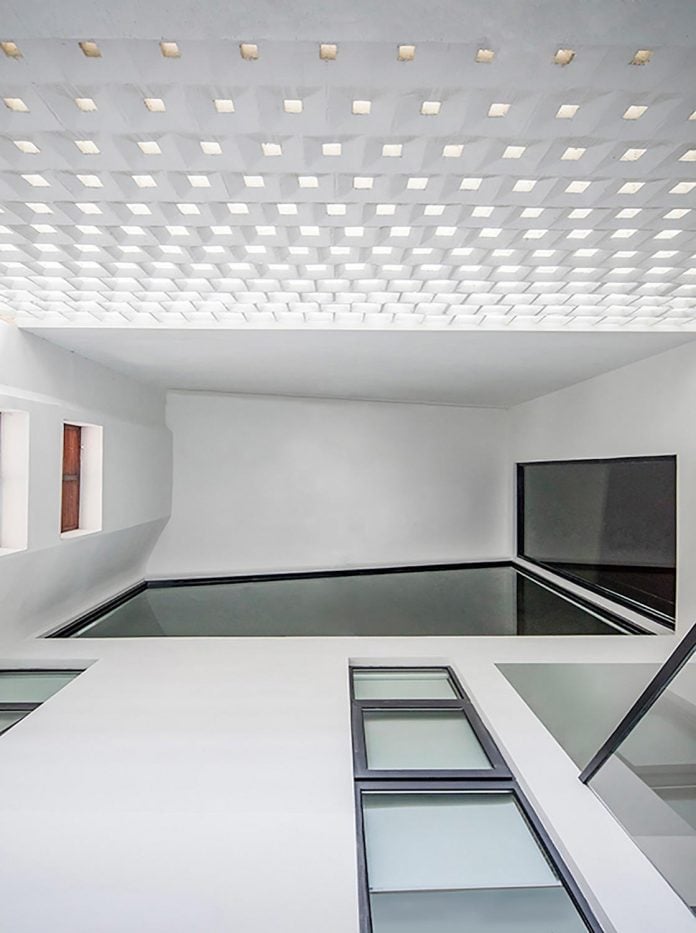
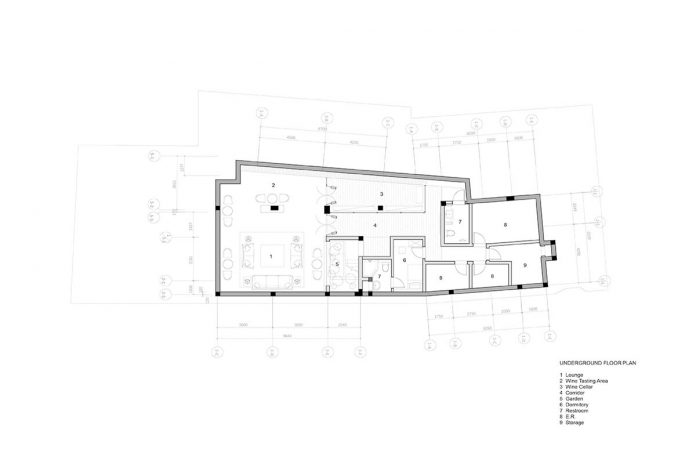
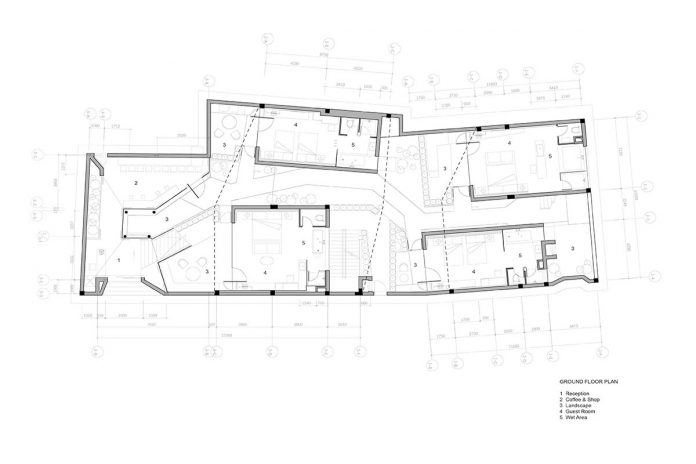
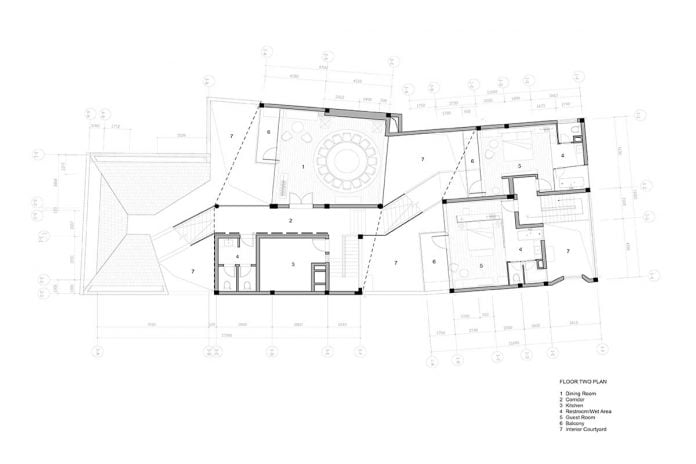
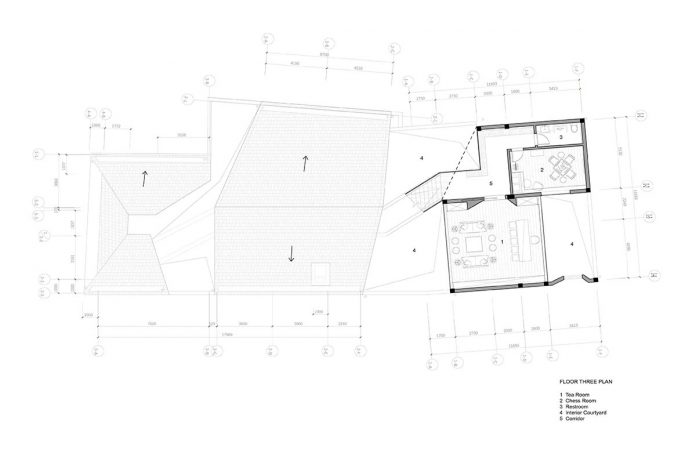
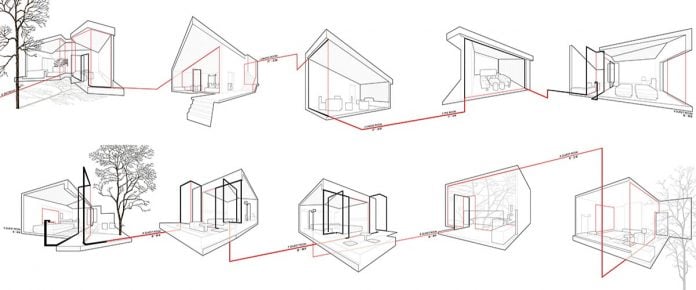
Thank you for reading this article!



